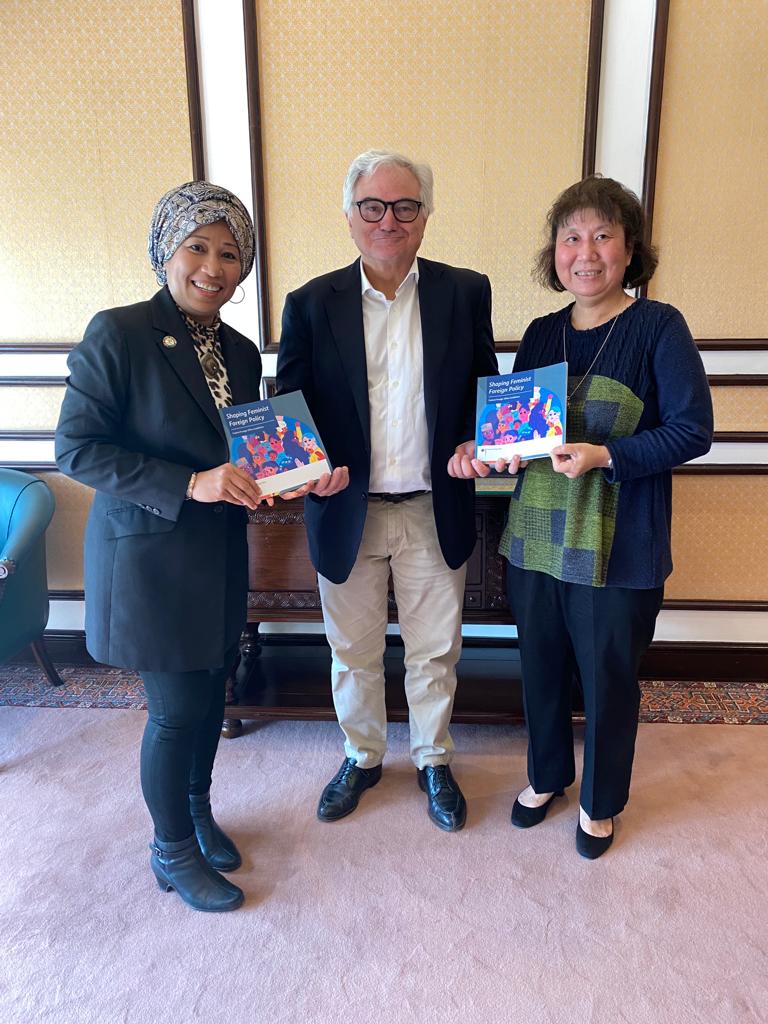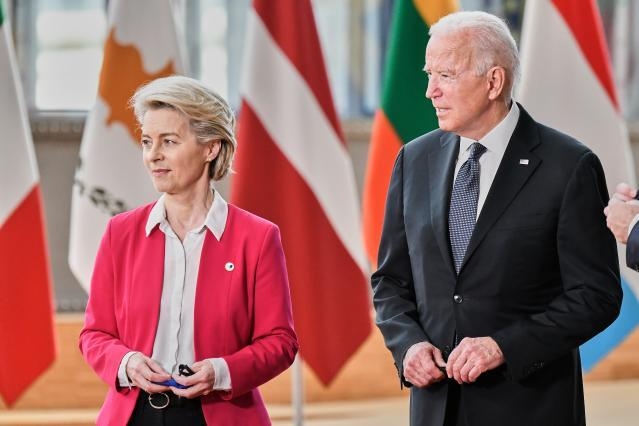The foundation of feminist foreign policy is the belief that long-term peace and stability depend on gender equity and equitable participation. It acknowledges that not all social groups have equal access to political involvement, opportunities, and resources.
On a global scale it works to eliminate the hindrances that cause this disparity, like power systems that disadvantage particular groups.
“Together with our partners, we want to increase the rights, resources, and representation of women and girls worldwide. Thus promote social diversity with a feminist foreign policy in mind,” the federal government stated in the coalition agreement.
People continue to have structural disadvantages in many places of the world. By empowering Foreign Office workers, feminist foreign policy seeks to lessen these effects. The Federal Foreign Office’s female and male employees are given direction by the rules for feminist foreign policy. In addition to being urged to consider and engage with this topic.
They were created in collaboration with staff from the Foreign Office and other foreign partners. As well as through dialogue with civil society. Germany is following in the footsteps of nations like Sweden, Canada, and Mexico by adopting them.
Feminist foreign policy, with its emphasis on the rights, representation, and proper resources for women and marginalised groups. Affects all facets of the Federal Foreign Office’s operations.
For example, in the field of peace and security policy, the emphasis is on taking part in peace processes. In the field of humanitarian aid and crisis management, it is about emphasising intersectional and gender-specific risks; and in the field of cultural and societal diplomacy.
It aims to promote and increase the visibility of marginalised people in the arts and cultures, research and science, education, and the media
In terms of project funding allocation, the Federal Foreign Office sets high standards: by 2025, 85% of project financing should be distributed in a way that also takes into account the needs of women and other marginalised groups.
Only if we likewise alter the way we conduct business abroad will external action be believable. In order to better reflect Germany’s contemporary, future-oriented society, the guidelines discuss what the foreign service can do to promote equality of opportunity, diversity, and inclusion.
They also discuss how to attract a wide range of individuals with a variety of skills and aptitudes to the foreign service.
Feminist foreign policy is clearly not a magic wand that can remove all barriers, but it is a significant and long needed step in the right direction. It will be improved over time in consultation with members of civil society and international partners. It will be modified to address new problems.
















